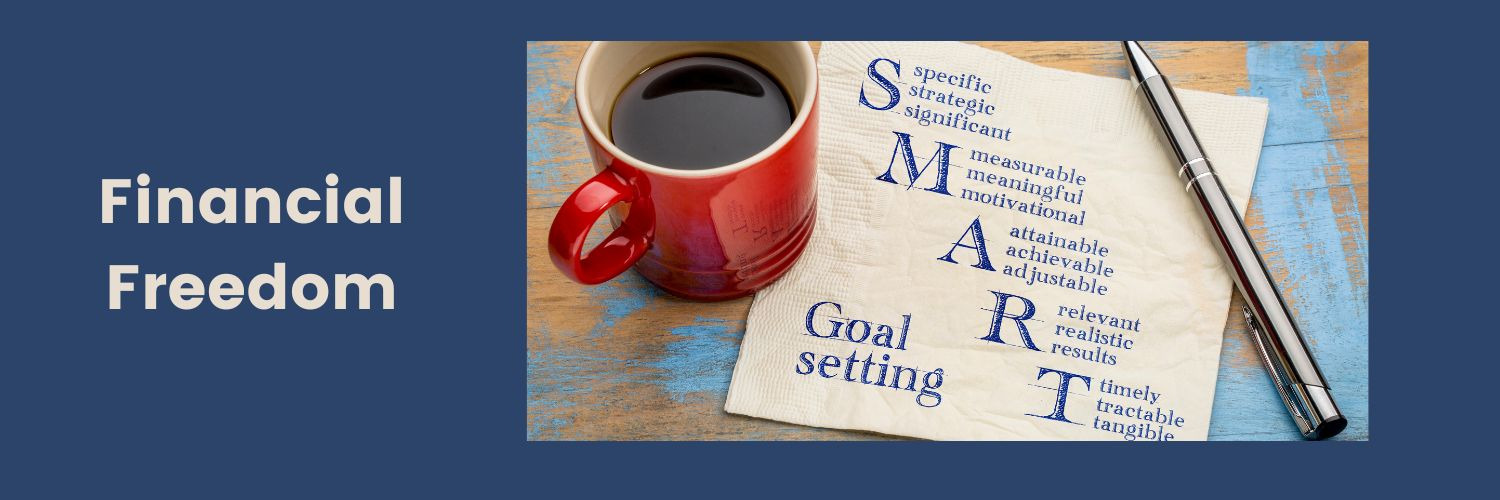Credit Cards: An Opportunity or a Slippery Slope?

By: Luke Trotter
Have you ever truly thought about the famous Capital One question, “What’s in your wallet?” Try it. You may be fortunate enough to find old gift cards or an ancient $2 bill you forgot about. It may be shocking that out of 253 million adults in the United States, over 191 million Americans in 2020 would have a credit card in their wallet! What is a credit card and why are they so popular?
1) It’s Actually Borrowing! — Using a credit card means you are borrowing from the bank. You swipe your card or enter the numbers to buy what you want, and the bank pays for it. The bank keeps track of all transactions on the card and at the end of the month, the credit card owner is told how much he owes to the credit card company and how much he needs to pay.
2) A Dangerous Mentality — This is where most people struggle. Credit cards encourage users to overspend. They create an outlook on spending that disconnects the relationship between a transaction and giving your money away. That disconnect can lead to an increase in casual spending to support an unsustainable lifestyle that reflects poor financial wisdom and choices. This mindset does not honor the Lord who has given us everything we have. As seen in Proverbs 21:20, God even deems it foolish to overspend the resources he has given us.
3) The Debt Trap — Overspending on a credit card is challenging to sustain in the long-term and often tends to lead to debt. Credit card companies profit off of customer debt and they take advantage with high interest. For 2020, the average annual interest rate on credit card debt is estimated from anywhere between 15-19% and can even be over 25%! Can you imagine having to pay an extra $200 for every $1,000 you owe? And just like that, credit card users can quickly accumulate debt and find themselves in a significant financial problem.
After reading that, you may not be surprised to learn that at the beginning of 2020 the American population owed almost $1 trillion in credit card debt alone. Clearly, the average U.S. consumer is struggling with these very issues. Credit cards possess dangers that can be even more harmful to college students with or without income. Before applying for a credit card, it is essential that you are aware of how they work and the financial hazard they can create. A debit card is an easy alternative to credit cards that avoids the pitfalls of overspending and debt. Although these dangers do exist, there are advantages to owning a credit card including the ability to build credit, rewards, and cashback offers. A careful and financially-sound individual can profit from these advantages, but it is always important to recall the unseen threats underneath the surface that can arise from carelessness or unwise decisions.
- Federal Reserve Bank of New York (May 2020). Quarterly Report on Household Debt and Credit.
Here at the Center for Financial Literacy, we equip students to take ownership of their finances and build a positive relationship with money that enables them to practice biblical stewardship now and into their careers. Consider setting up an appointment with one of our peer financial coaches in Spring 2021!


